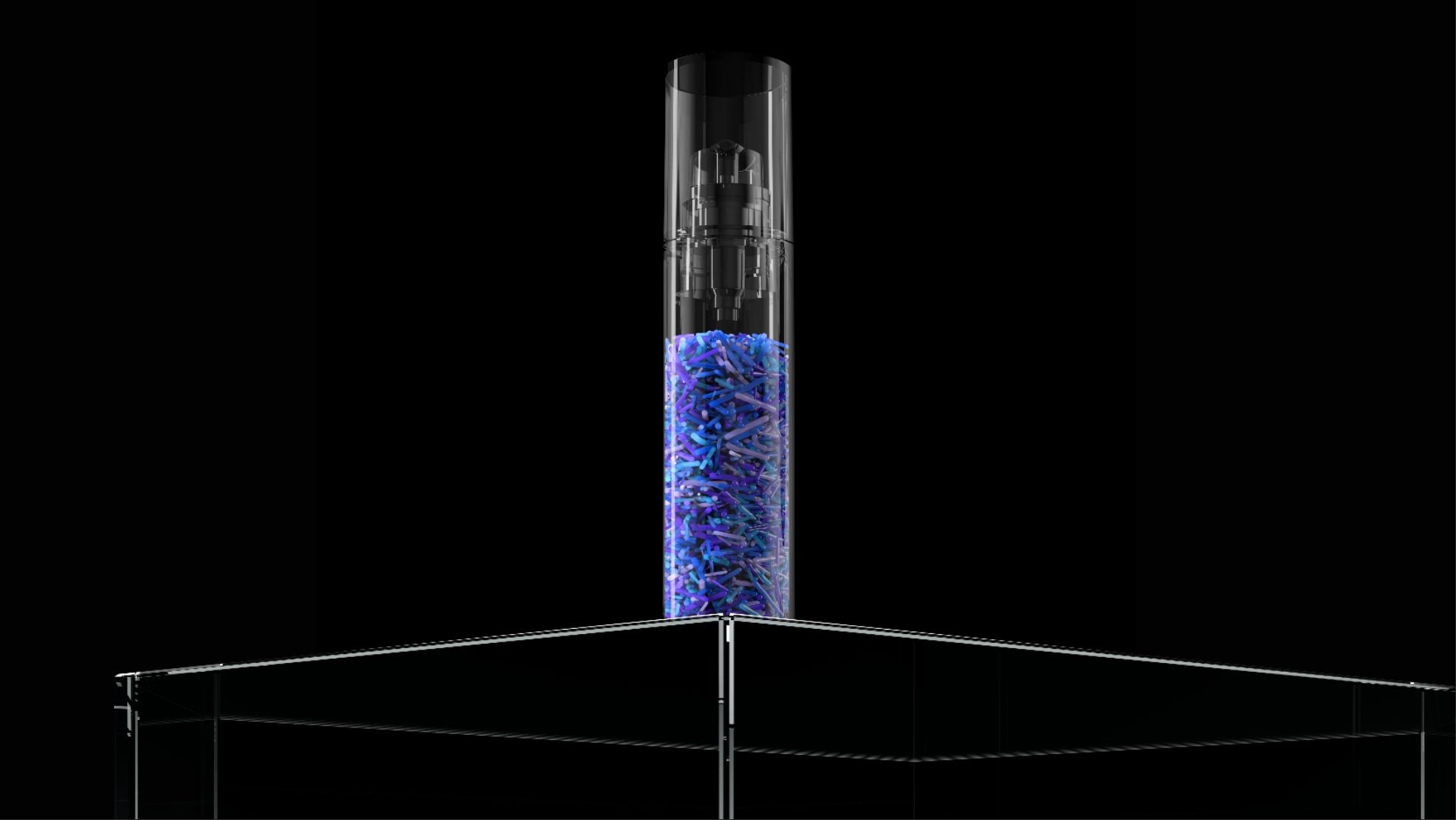Your cart is empty.

Drawing from studies over the last 10 years, dermatologists agree that probiotic and prebiotic ingredients are essential in skincare formulas by providing the following key benefits:
Here’s Why You Get Amazing Results from Probiotic and Prebiotic Skincare
What science says about probiotics and prebiotics in beauty products
Not just another marketing gimmick, probiotics, and prebiotics in the world of skincare have scientific research on their side.
Probiotics first became widely known as the live bacteria that aid the digestive system’s gut flora, a complex system essential to crucial bodily functions. Yet, while beneficial bacteria has long been recognized as essential to gut health, it is now being acknowledged for how it also contributes to optimal skin function and appearance.
The skin + flora connection
Similar to the digestive system’s need for beneficial bacteria, the skin contains its own microbiome of microorganisms that include a combination of helpful bacteria, fungi, and viruses that together allow the skin to enact one of its primary functions—“protect against invasion by more pathogenic or harmful organisms” as described by researchers Elizabeth A. Grice and Julia A. Segre in their paper, “The Skin Microbiome,” published in Nature Reviews.
In other words, healthy bacteria fight infection, protect against free radicals, regulate pH balance, and keep the skin moisturized.
Beneficial skin bacteria can be further understood by what happens when there’s an imbalance to our skin’s microbiome. For example, skin with an imbalanced flora often presents as a variety of skin issues, such as eczema, acne, rosacea, or dry and flakey skin.
Skincare formulas based on the science of prebiotics and probiotics are a way of providing one’s skin with helpful bacteria to bring the skin back to its natural balance, peak appearance, and optimal performance.
Probiotics versus prebiotics? Both are essential
While the term “probiotics” may be a recently trending word, what about “prebiotics”? What does it classify and how does it help one’s skin?
Nutritionists classify prebiotics as microorganisms in food that help stabilize and fuel the body’s ability to draw from and utilize sources of healthy bacteria. In skincare formulas, prebiotic ingredients take the form of plant sugars (e.g., xylitol or rhamnose), which also have the benefit of natural hydrating properties and boost the skin’s ability to draw from probiotic bacteria. In short, prebiotics empowers the skin’s ability to benefit from probiotics.
Because of the delicate nature of probiotic strains, formulas that contain Lactobacillus, Bifidobacterium, or other good bacteria require appropriate packaging, such as air-free packaging technology, that prevents the degradation of its ingredients.
Key reasons for pre/probiotic skincare
Drawing from studies over the last 10 years, dermatologists widely agree that probiotic and prebiotic ingredients are essential in skincare formulas and can address a range of concerns from “improving atopic eczema, atopic dermatitis, healing of burn and scars, skin-rejuvenating properties and improving skin innate immunity.”
Environmental pollution, free radicals in the air, and UV rays can damage the skin as well as cause signs of premature aging. Probiotics in skincare formulas prevent and protect against environmental effects by fortifying the skin through “elicit[ing] certain immune responses on the skin and improve[ing] skin barrier functions (Lew et al. 2013),” making it an essential addition for treating sensitive/delicate skin, as well as for its protective benefits for all skin types. Additionally, by fortifying the skin’s barrier, probiotics balance the skin’s response to environmental triggers that would otherwise cause inflammation or red patchiness.
Another essential benefit of basing skincare formulas on probiotics and prebiotics is due to its antibacterial effects. According to a study by Iordache et al. (2008), lactic acid, which is a strain of Lactobacillus, was shown to suppress opportunistic bacteria. In short, lactic acid can provide an alternative and gentler approach to treating acne-prone skin.
Finally, probiotics and prebiotic skincare provide a gentler alternative to the harsh facewashes and creams that have been shown to strip the skin of both good and bad bacteria, often resulting in dry, irritated skin or skin that overproduces oil in response to being stripped of its natural oils. Probiotic skincare is about bringing the skin back to its natural oil balance, helping revive dull-looking skin, and optimizing the skin’s natural buoyancy and functionality.
When searching for skincare products that provide probiotic and prebiotic care, experts advise paying attention to ingredients and choosing skincare brands known for their diligence to the integrity and stability of their skincare formulas.